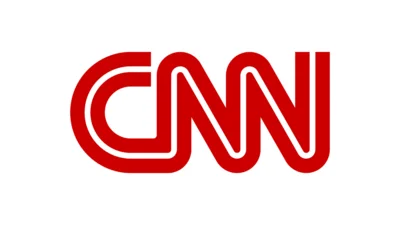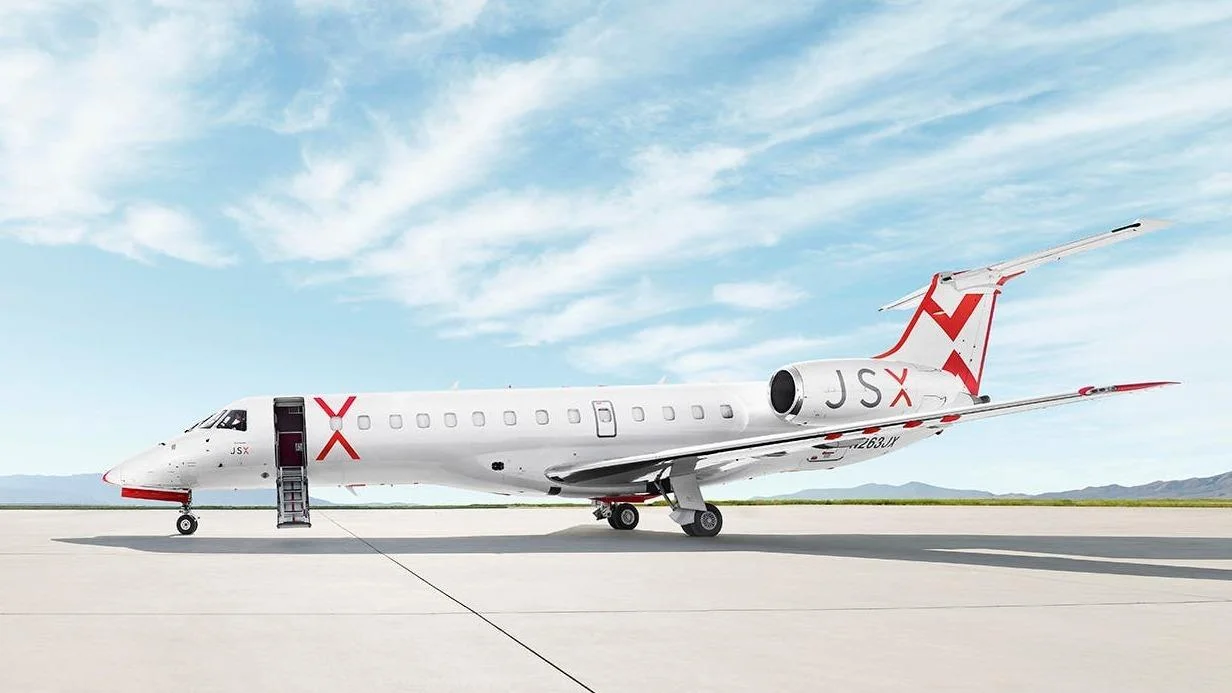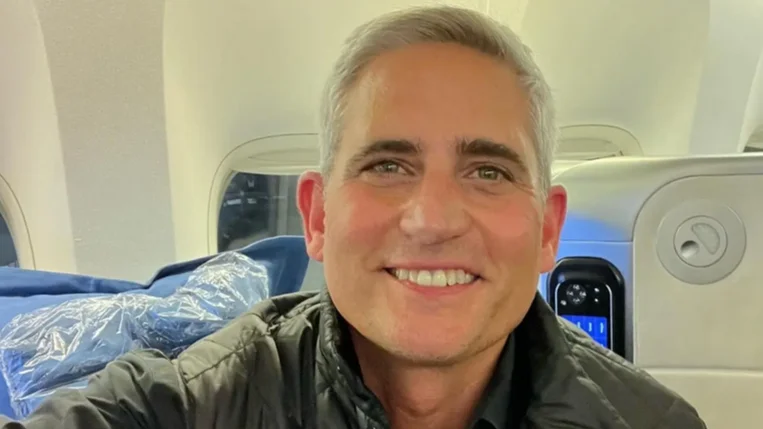Jekta has selected ZeroAvia’s fuel cell power generation system for its planned PHA-ZE 100 hydrogen-electric amphibious aircraft. The Swiss start-up announced the agreement on Monday at the Farnborough International Airshow, aiming to bring the latest version of the 19-passenger seaplane to market following certification of an initial battery-electric model.
The hydrogen-powered PHA-ZE 100 is expected to achieve a range of up to approximately 326 nautical miles. Jekta plans to build a full-scale prototype in 2027, anticipating that advancements in battery technology will enhance performance. The company aims for EASA type certification by 2029.
Jekta CEO George Alafinov stated that despite uncertainty regarding battery pack decisions, his engineering team is progressing with the design work on the PHA-ZE 100. He noted MagniX’s recent launch of its Samson battery, which offers an energy density of 300 watt-hours per kilogram (Wh/kg), as indicative of rapid technological changes. “That was a real curveball because it would deliver around 30% more than what is available now,” he told AIN.
 Alerts Sign-up
Alerts Sign-up





















